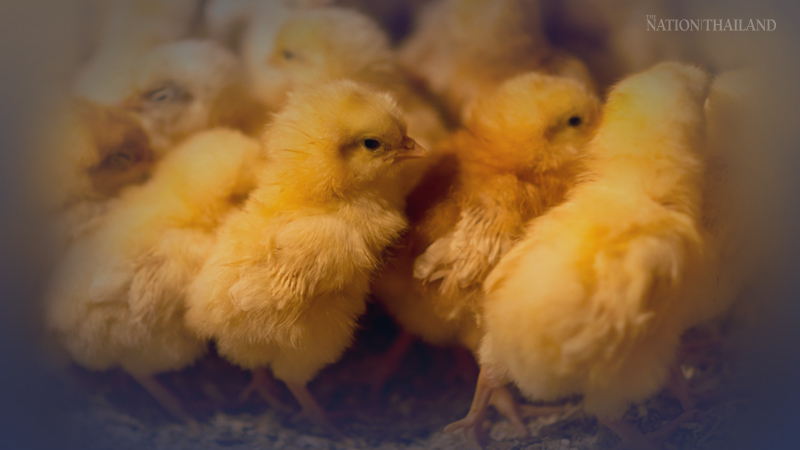France says its poultry industry will stop shredding male chicks alive by 2022

France on Tuesday promised to outlaw the grisly practice of grinding up male chicks as soon as they've hatched, becoming the latest country to take a stand against an industry-wide procedure known as culling.
Male chicks, which can't grow up to lay eggs and aren't bred to be efficient meat producers, are considered useless for industrial farmers. With no practical reason to keep them alive, billions of male chicks born at hatcheries each year are tossed into massive blenders - or gassed, or suffocated, typically while they're still conscious - distressing animal welfare groups that have pushed for more humane solutions.
For poultry farmers in France, those solutions will need to be in place by the end of next year. Agriculture Minister Didier Guillaume announced Tuesday in Paris that "from the end of 2021, nothing will be like it was before." In the same announcement, Guillaume also said France would ban the practice of castrating piglets without an anesthetic.
"We want to move forward, there's no going back. The government is committed to it," Guillaume said at a news conference, according to CNN. "The aim is to oblige firms to do this by the end of 2021. We need to find a method that works on a large scale."
In 2015, Germany became the first country to ban male chick culling, vowing to do so by the end of 2017, though that process has been stymied in the country's court system. Egg manufacturers in the United States made a similar pledge in 2016 when United Egg Producers - the industry group that represents hatcheries that produce 95 percent of all eggs in the United States - announced that it would end chick culling by 2020, or as soon as it was "economically feasible" and an alternative was "commercially available."
Technology and limitations of scale, however, have inhibited progress on that front.
One of the methods in consideration is called in-ovo sexing, which determines the gender of a future chick inside a fertilized egg before it hatches, allowing hatcheries to sort the eggs during incubation. With this method, the eggs containing males would never hatch, preventing the demise of about 3.2 billion male chicks across the globe each year. A number of other techniques that could determine the gender of an egg before it hatches, known as "egg sexing technologies," are also in consideration, according to the Humane League, the animal advocacy group that negotiated the 2016 agreement.
United Egg Producers President Chad Gregory said in a statement Wednesday that his organization remains committed to adopting new technologies aimed to stymie culling, a goal that he called both "a priority and the right thing to do."
But, he added, "a workable, scalable, solution is not yet available."
"Identifying gender in-ovo is scientifically complex and a technologically challenging issue, with millions of dollars already spent by stakeholders to develop a solution," Gregory said. "We are hopeful a breakthrough is on the horizon."
David Coman-Hidy, president of the Humane League, said in a statement that while work remains to be done in eliminating culling, he remains hopeful.
"We're optimistic about the progress that's been made with the new, competing technologies being developed to end this cruel practice," Coman-Hidy wrote. "We're confident that these new methods will be implemented soon in order to spare the lives of the estimated 300 million male chicks that are killed every year in the U.S. alone."
Finding an alternative to culling could be financially beneficial for egg producers and egg-using companies, given the labor and other costs involved in raising male chicks only to kill them. The desire for change has been a welcome development for animal rights groups, which in recent years have pressured hundreds of U.S. and international companies to use cage-free eggs. In a Wednesday statement, PETA, or People for the Ethical Treatment of Animals, lauded France's commitment to ban to culling but urged people to stop eating eggs altogether.
"With this ban, male piglets will no longer be painfully castrated without anesthetic and millions of male chicks will be spared the horrors of being ground up alive in mechanical macerators because they can't lay eggs and are therefore deemed 'unprofitable' - ending one of the egg industry's many cruel practices," said Sofia Chauvet, PETA's director of international programs.
